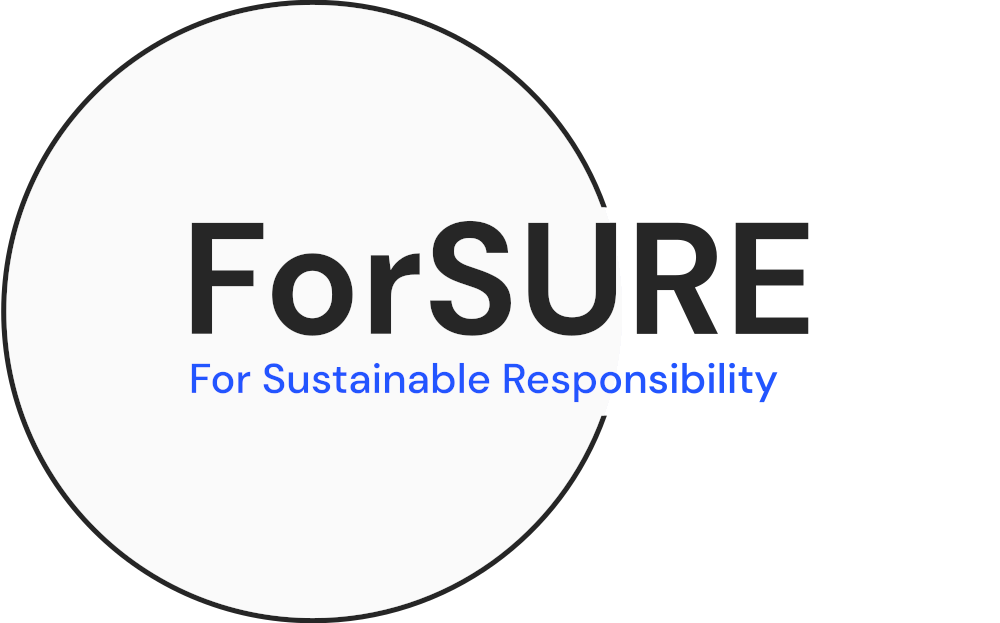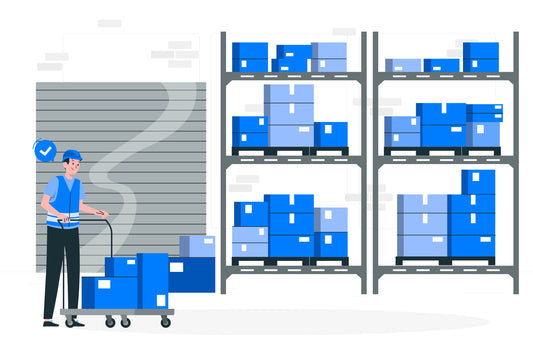The landscape of online retail is ever-changing, and right now, we're seeing a wave of transformation sweeping over Germany. At the center of this shift is the Extended Producer Responsibility (EPR) system. This key pillar of environmental policy places responsibility on producers for managing their products' lifecycle from creation to disposal.
EPR Compliance: The New Standard for Retailers
As of July 1, 2023, online marketplaces operating in Germany will be held accountable for their selling partners' EPR compliance. This is particularly significant for waste electrical and electronic equipment (WEEE), where responsible disposal can have a huge environmental impact.
Being EPR compliant is no longer optional for sellers. It's a necessity. Failing to provide the necessary WEEE registration numbers to online marketplaces can result in their listings being deactivated. In short, the EPR-system in Germany is a game-changer, requiring all retailers to step up their environmental responsibility.
A Look at Amazon's Efforts in Extended Producer Responsibility in Germany
As a major player in the online marketplace, Amazon is actively involved in Extended Producer Responsibility (EPR) efforts in Germany. Amazon is making strides to ensure its selling partners are informed about the EPR system and are compliant with its requirements.
Amazon's engagement with EPR extends further. As of July 1, 2022, vendors of packaged goods on Amazon.de are mandated to provide their LUCID number to Amazon through the Compliance Portal. This policy illustrates Amazon's commitment to EPR compliance within Germany, contributing to the evolving standards of online retail in the country.
During this time of transition, an EPR software like ForSURE simplifies your reporting process by helping you collect all the data needed for compliance, thereby fostering positive change in the online retail industry.
The Flip Side: Opportunities in the Midst of Challenges
While increased EPR regulation may translate to additional responsibilities and costs for retailers, it also presents a unique opportunity. This new era of the EPR-system fosters a sustainable approach to waste management, contributing positively to global environmental efforts.
The Future of Sustainable Retail
The implementation of Extended Producer Responsibility in Germany marks a significant move towards a greener retail environment. It serves as a reminder of the responsibility that producers and sellers bear in managing their products' lifecycle.
Extended Producer Responsibility in Amazon's operations, and indeed in the wider German market, is more than a legal obligation. It's a commitment to a more sustainable future. It's a call to action for all retailers to actively contribute to environmental preservation.
The future of retail is here, and it's looking greener than ever. And it all begins with EPR compliance. So let's embrace this change and make a difference.
A Global Wave of Change
As this new wave of environmental responsibility sweeps across the globe, Germany is not alone. Other countries, such as France, have also implemented similar EPR obligations. This global shift towards a more sustainable retail industry underscores the importance of EPR-systems in shaping the future of retail.
In conclusion, as we navigate through these changes, it's essential for us to remember that every step towards EPR compliance is a step towards a more sustainable future. And this journey is one we must embark on together. After all, it's not just about selling products; it's about safeguarding our planet for generations to come.




